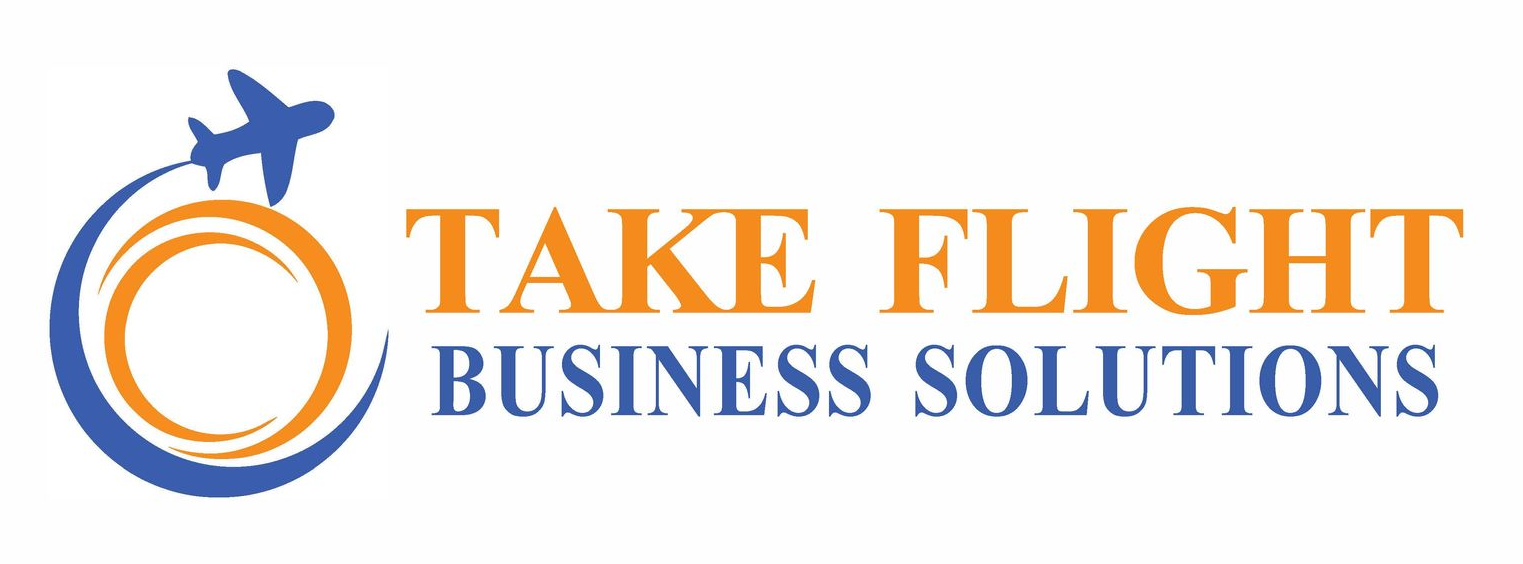Blog
Small Business Tax, Accounting & Bookkeeping Insights
Schedule a Consultation
Schedule a Consultation
Thank you for contacting us.
We will get back to you as soon as possible.
We will get back to you as soon as possible.
Oops, there was an error sending your message.
Please try again later.
Please try again later.
See Our Privacy Policy Here:
Privacy Policy and Terms and Conditions
Business Hours
- Mon - Fri
- -
- Sat - Sun
- Closed
2913 CARRINGTON LAKES BLVD
CANTONMENT, FL 32533
P: (850) 303-2133
F: (850) 760-0830
© 2026 Take Flight Business Solutions LLC All rights reserved. | Terms of Use | Privacy Policy | Created by Olive + Ash. Managed by Olive Street Design
2115 W 9 MILE RD STE 15
PENSACOLA, FL 32534
P: (850) 303-2133
F: (850) 760-0830
© 2026 Take Flight Business Solutions LLC All rights reserved. | Terms of Use | Privacy Policy | Created by Olive + Ash. Managed by Olive Street Design











